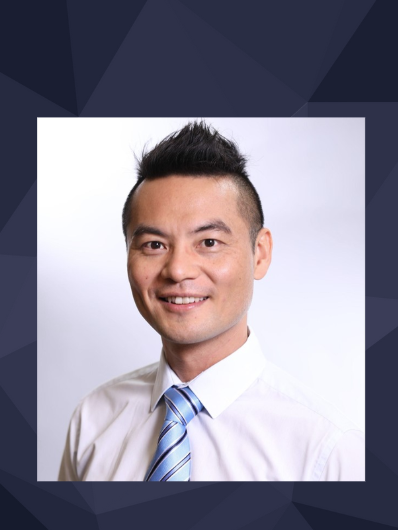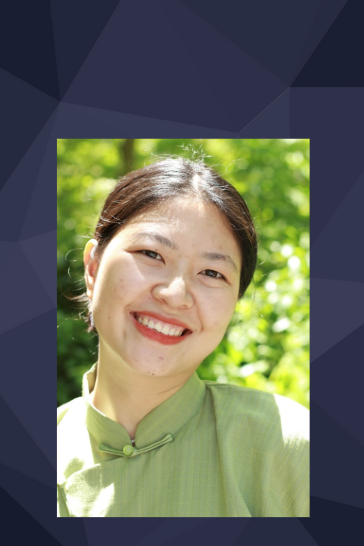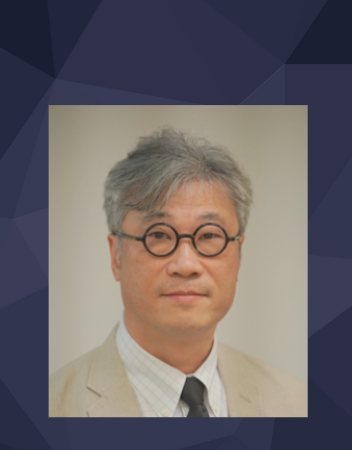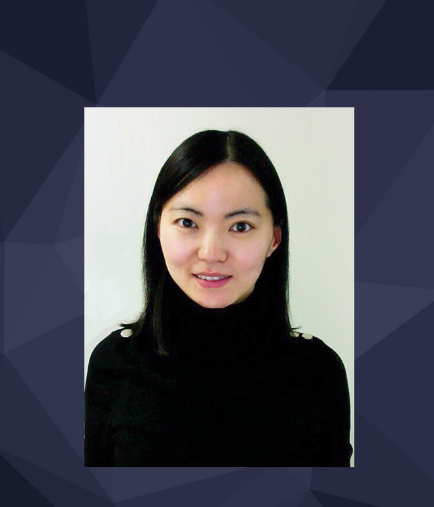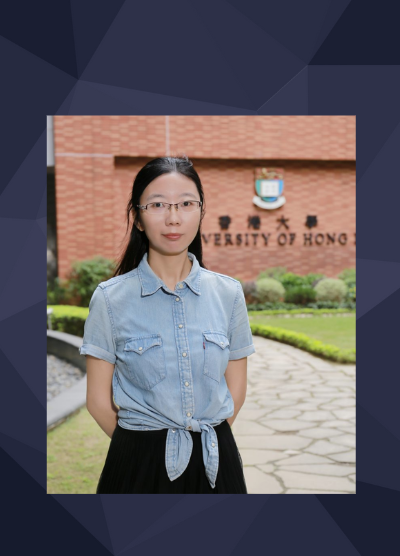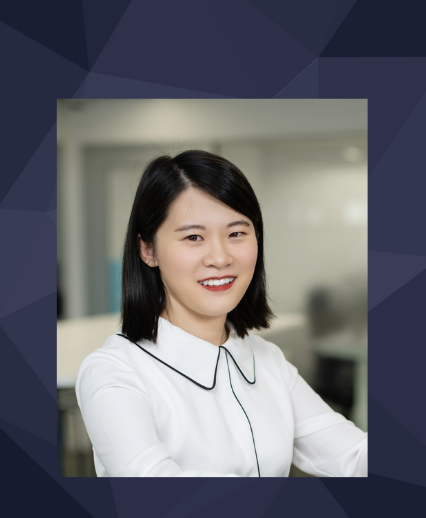Young Scholar TechTalk – Learning Out-of-Distribution Object Detectors from Foundation Models
September 16 2024 (Monday) 4:30-5:30pm
Out-of-distribution (OOD) object detection is a challenging task due to the absence of open-set OOD data. Inspired by recent advancements in text-to-image generative models, such as Stable Diffusion, we study the potential of generative models trained on large-scale open-set data to synthesize OOD samples, thereby enhancing OOD object detection. We introduce SyncOOD, a simple data curation method that capitalizes on the capabilities of large foundation models to automatically extract meaningful OOD data from text-to-image generative models. This offers the model access to open-world knowledge encapsulated within off-the-shelf foundation models. The synthetic OOD samples are then employed to augment the training of a lightweight, plug-and-play OOD detector, thus effectively optimizing the in-distribution (ID)/OOD decision boundaries. Extensive experiments across multiple benchmarks demonstrate that SyncOOD significantly outperforms existing methods, establishing new state-of-the-art performance with minimal synthetic data usage.


